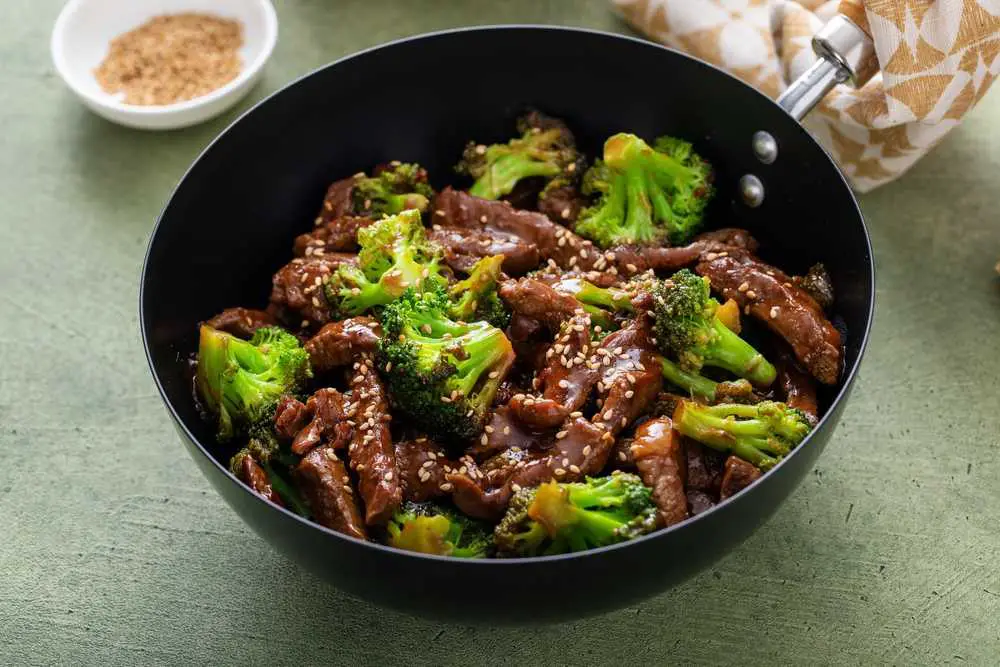In recent years, the rise of plant-based diets has spurred the innovation of various meat alternatives, with plant-based chicken being one of the most popular and intriguing options. This alternative aims to replicate the taste, texture, and nutritional benefits of traditional chicken, but without the use of any animal products. Here, we delve into what plant-based chicken is, how it’s made, its benefits, and its role in the broader context of food sustainability.
Understanding Plant-Based Chicken
Plant-based chicken is a type of faux meat designed to mimic real chicken in flavor, texture, and appearance. It’s made entirely from plant-derived ingredients. Common components include soy, peas, wheat gluten (seitan), and a variety of seasonings and additives that help achieve a meat-like taste and texture. Manufacturers often use texturizing techniques such as extrusion, which involves high heat and pressure to create fibrous, meaty textures from plant proteins.
Production Techniques
The creation of plant-based chicken involves several sophisticated food processing technologies. Extrusion, as mentioned, is a key technique. Another method is the use of binding agents such as methylcellulose, which helps in maintaining the form and moisture of the product, similar to how muscle fibers hold together in real meat. Additionally, flavor scientists work to replicate the umami flavor of chicken by using natural flavorings and yeast extracts.
Nutritional Profile
Plant-based chicken is designed not only to taste like meat but also to compete nutritionally. It is typically high in protein and fiber while being lower in cholesterol and saturated fats, making it a heart-healthier alternative to conventional chicken. However, it’s essential to read labels as some products may contain high levels of sodium and additives, which might not suit everyone’s dietary needs.
Environmental and Ethical Benefits
One of the most compelling reasons for the shift toward plant-based chicken is the environmental benefit. Producing plant-based meats generally requires less land, water, and energy and emits fewer greenhouse gases compared to conventional chicken farming. This makes it a more sustainable choice in the battle against climate change.
Additionally, plant-based chicken offers an ethical alternative to animal farming, avoiding issues related to animal welfare and the use of antibiotics and hormones in poultry production.
Culinary Uses
Plant-based chicken is versatile in the kitchen. It can be used in any recipe that calls for traditional chicken, such as curries, sandwiches, salads, and stir-fries. This versatility makes it an easy substitute for those looking to reduce their meat consumption without drastically altering their diet.
The Future of Food
As food technology advances, plant-based chicken is likely to become even more similar to its animal counterpart in taste and texture. This innovation not only caters to vegetarians and vegans but also appeals to a broader audience looking to make more sustainable and ethical food choices.
Plant-based chicken represents a significant step forward in food technology, offering a sustainable, ethical, and healthier alternative to traditional poultry. As consumer awareness and concern for health and the environment grow, plant-based chicken is poised to play a pivotal role in defining the future of food.
Market Growth and Consumer Trends
The market for plant-based chicken has seen remarkable growth in recent years, driven by increasing consumer awareness of health, environmental issues, and animal welfare concerns.
This surge is part of a larger trend towards plant-based diets, which is being embraced by a diverse range of consumers, not just those who identify as vegan or vegetarian. Major food companies and new startups alike are expanding their offerings to include plant-based chicken products, signaling a strong future for this sector.
Challenges and Considerations
Despite its benefits, plant-debased chicken faces several challenges. Taste and texture continue to be significant hurdles for some consumers, especially those accustomed to the specific sensory attributes of real chicken. Furthermore, there is ongoing debate about the highly processed nature of many plant-based meats. Critics argue that such products might not align with the principles of whole-food, plant-based diets, emphasizing minimally processed foods.
Price parity is another issue. Currently, plant-based chicken often costs more than its conventional counterpart, which can limit its accessibility and adoption. However, as production scales and technologies improve, prices are expected to drop, making plant-based options more competitive.
Regulatory and Labeling Issues
The rise of plant-based chicken has also sparked regulatory debates, particularly regarding labeling. The poultry industry argues that terms like “chicken” should not be used to describe products that do not come from slaughtered animals. This has led to legal challenges and calls for stricter labeling regulations to ensure consumers are not misled. How these issues are resolved will significantly impact the plant-based meat industry’s marketing and consumer perceptions.
Health Implications
From a health perspective, while plant-based chicken offers benefits like lower cholesterol levels, it’s important for consumers to consider the overall nutritional content. Some products may be high in additives or lack certain nutrients found in real chicken, such as vitamin B12, which is vital for nerve health. Consumers should look for products that are not only low in harmful ingredients but also fortified with essential nutrients.
Plant-based chicken is more than just a culinary trend; it’s a reflection of changing dietary preferences towards more sustainable and ethical eating practices. As the industry continues to evolve, it will likely address current limitations and appeal to an even wider audience. For those curious about reducing their meat consumption or seeking alternative protein sources, plant-based chicken offers a promising and exciting option. Embracing such innovations can lead to a more sustainable and health-conscious diet, contributing to a greener and more ethical world.


















